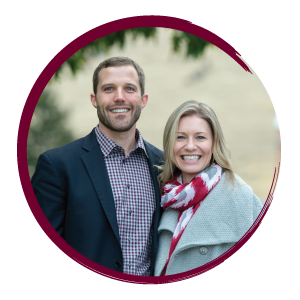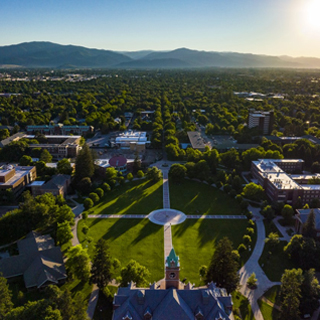The Importance of S.E.A. Change

By Seth Bodnar and Chelsea Elander Bodnar
Just over 100 years ago, the United States Senate voted to approve the 19th Amendment to the Constitution. Over the course of the following year, the amendment was ratified by the states and became law across the country, officially giving American women the right to vote.
As we commemorate the centennial of this landmark, it’s shocking to think that only one hundred years ago, a large portion of the American population was denied participation in what is arguably the defining feature of our nation: the ability to cast a ballot and shape the direction of our country. And it’s important for us to remember that while the 19th Amendment extended the right to vote to millions of women, millions more women remained disenfranchised until the passage of the Voting Rights Act of 1965.
While we should rightfully acknowledge and celebrate this centennial – and those who have for more than a century bravely and tirelessly advocated for women’s rights – we should also be asking ourselves, “What features of our current society will cause future generations ‘shock’ one hundred years from now?”
Will it be the fact that while many called 2018 “The Year of the Woman” – in part because of the great gains made by women in that year’s election – the US Congress is still only 24% female?[1] Or that while 47% of the workforce is female, only 5% of Fortune 500 CEO’s are women?[2] Or that while women represent 46% of associates at law firms across the country, only 23% of equity partners are female?[3]
We have made great gains over the past century, but we have a long way to go. And while the march toward women’s equality is one that has often been led primarily by women themselves—and often by women of color—we ALL should care about issues that impact women. The simple fact is that when systemic barriers prevent women from reaching their full potential, our businesses, educational institutions, communities, and governments fail to reach THEIR full potential. Study after study shows that teams with greater diversity are more innovative, that boards with more representation from women lead to companies that perform better, that governing bodies that are more representative of their constituents are more effective.
So, at the University of Montana, we’re working to do something about this. We’re working to build upon the gains of the past century and to play our part in making our society not just more equitable, but more innovative and more prosperous for everyone. Over the course of the next year and into the future, we’ll be highlighting, coordinating, and building upon efforts across our campus and throughout our community that make UM not just a safe place for women, but also one that uniquely empowers women to achieve their full potential and one that accelerates them into careers and lives of impact. Safe. Empowering. Accelerating. We’re working toward a S.E.A. Change.
Do we know exactly where this will lead and all of what it will entail? No. Do we know the precise impact we’ll see from these efforts in the next year, the next ten years, the next 100 years? We don’t. But we do know this: UM is filled with passionate, committed individuals – women and men – who are already leading tremendous efforts to foster gender equity in our society. We want to elevate and support these existing efforts. We believe this will foster coordination, ignite new ideas, and generate new programs to help address existing barriers.
We’re already seeing this happen. Last week, we announced that we’re re-starting UM’s Women’s Leadership Initiative – the WLI – and we celebrated a new cohort of amazing leaders from across campus and the community. The WLI is not just an initiative to help further develop the leadership skills of individuals, but more importantly, it’s a way to nurture a community poised to effect culture change now and in the future. We’re also excited that this new cohort is not limited just to UM. We’re partnering with Missoula Federal Credit Union (MFCU), and we are excited to welcome two women leaders from MCFU as members of the WLI cohort, broadening the WLI’s impact across the Missoula community.
We’re just getting started, and we can’t wait to see what will emerge from UM’s S.E.A. Change initiative. We feel fortunate to live in a community so committed to equity and inclusion, and we’re honored to be part of something that we hope will have far reaching effects for generations to come. So let’s go; let’s make those who follow us a hundred years from now proud of what we as a community accomplished to make our society more equitable, more inclusive, more empowering, and more prosperous for all.
[1] https://blog.dol.gov/2017/03/01/12-stats-about-working-women
[2] https://www.pewsocialtrends.org/fact-sheet/the-data-on-women-leaders/
[3] https://www.nalp.org/uploads/2018NALPReportonDiversityinUSLawFirms_FINAL.pdf
